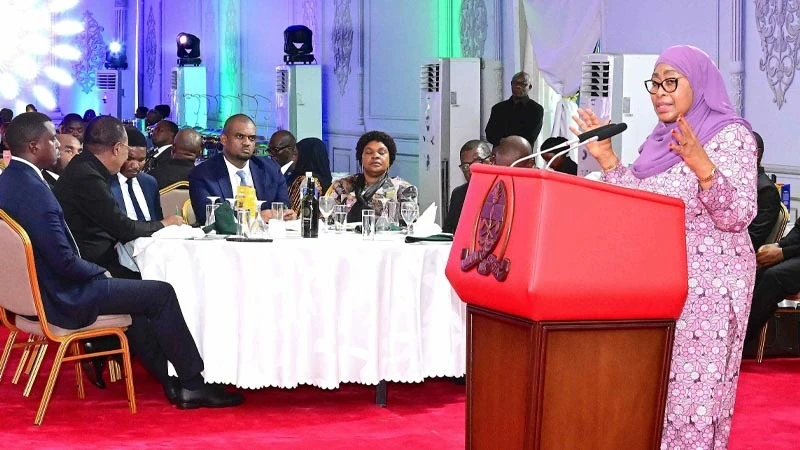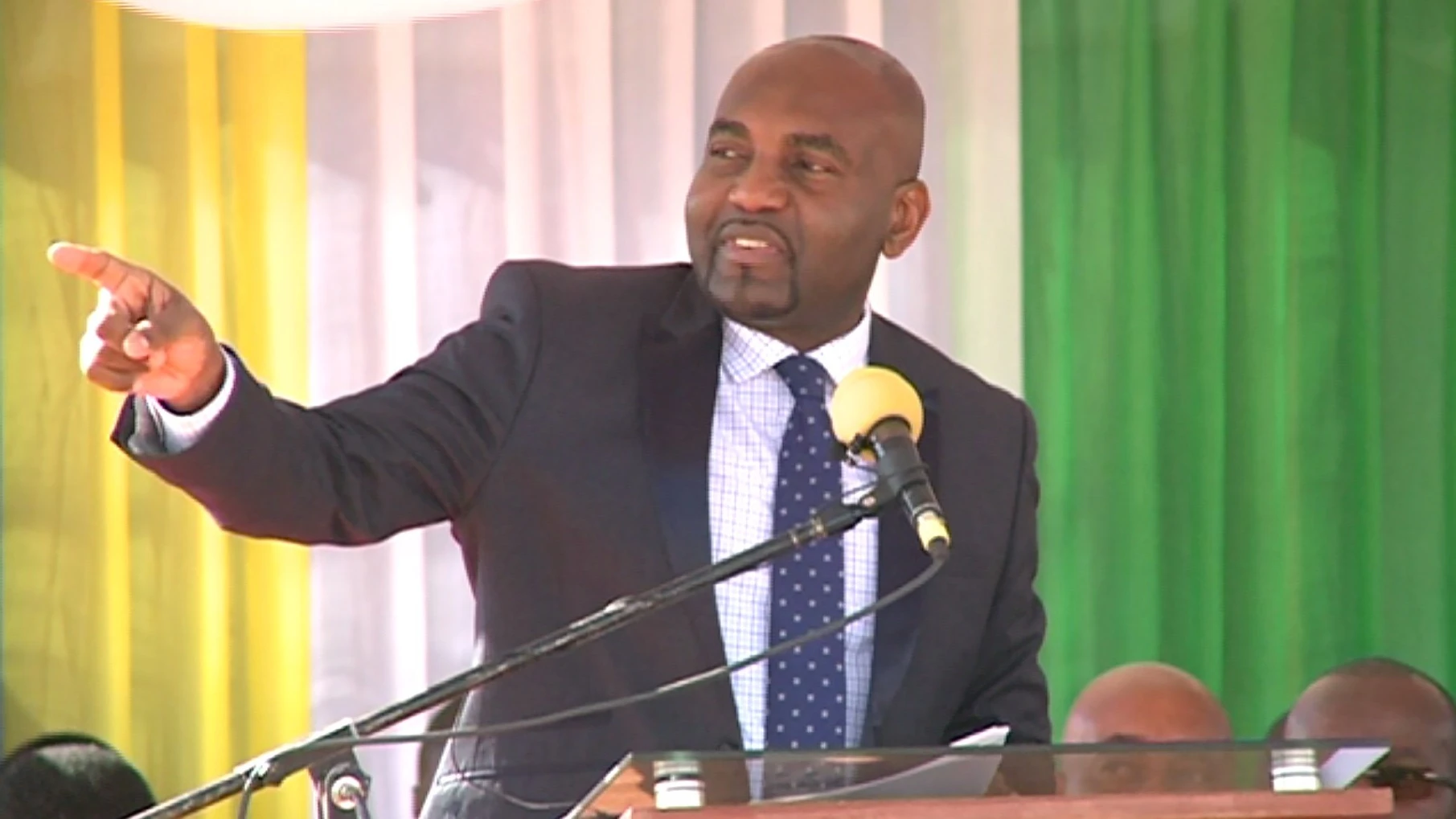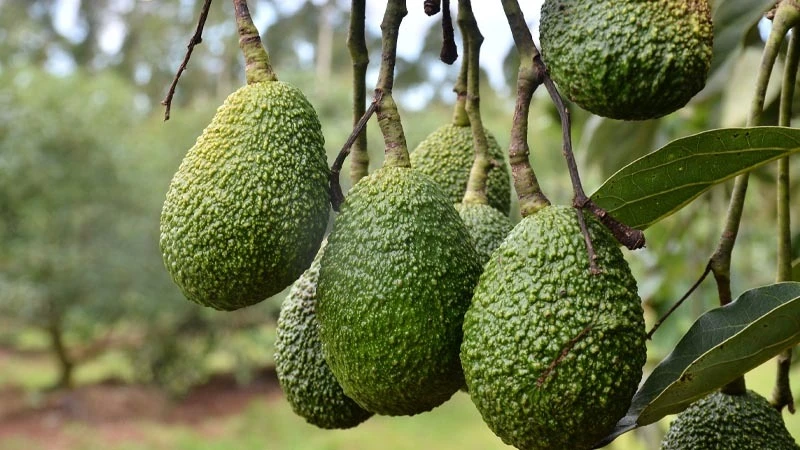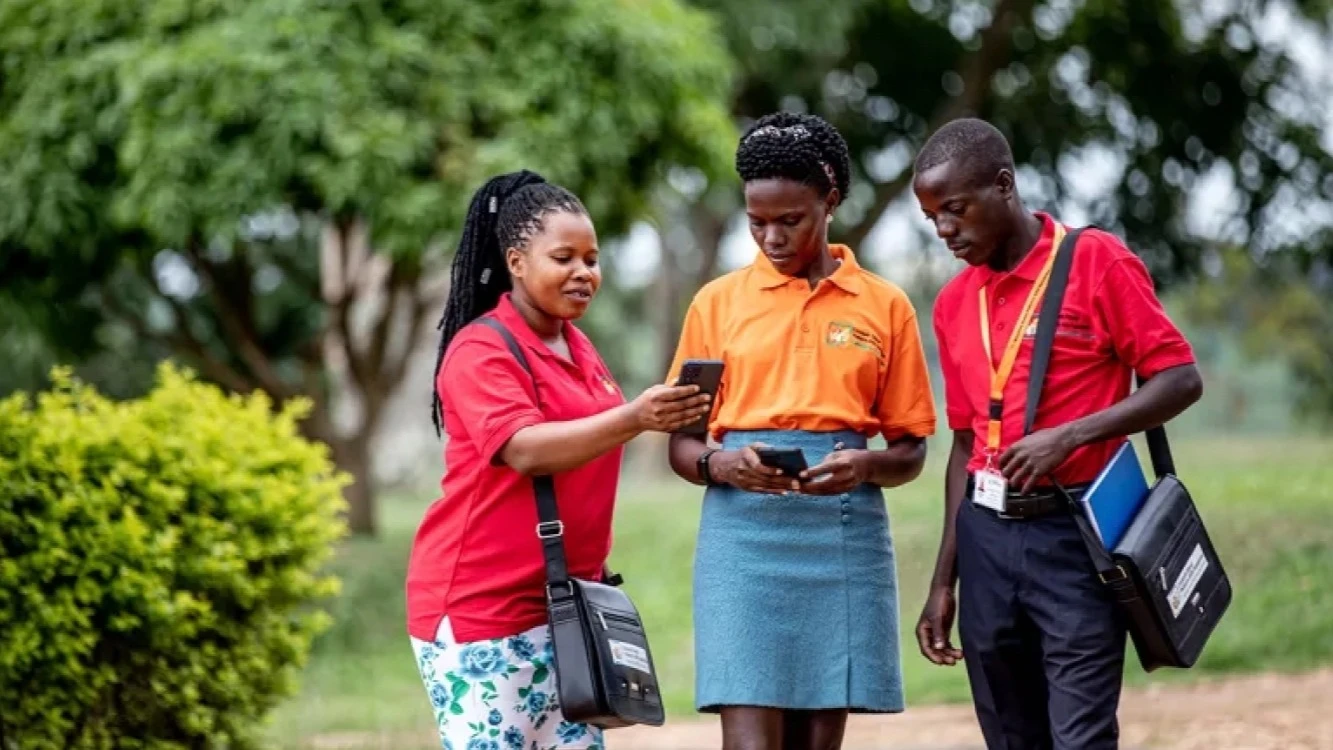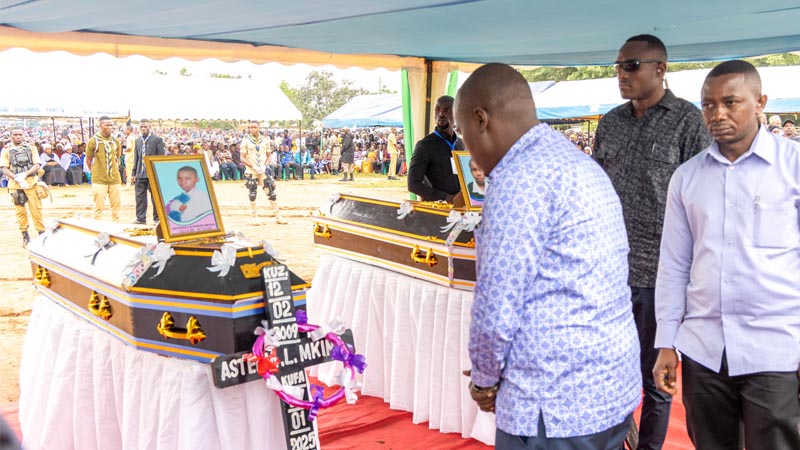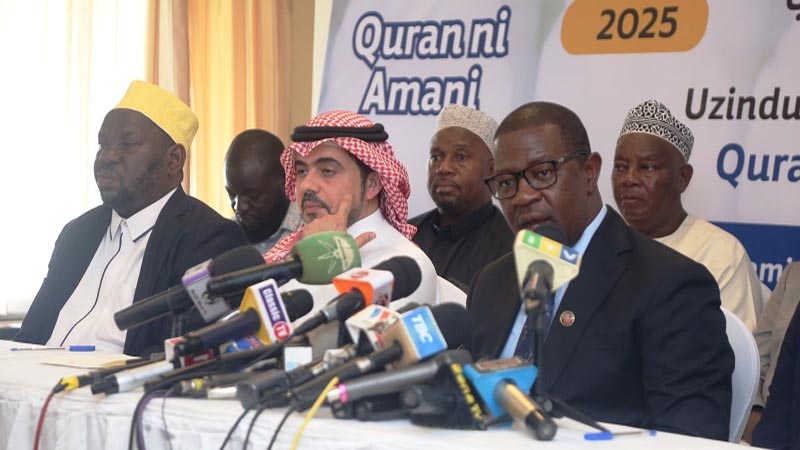EACOP project nears halfway
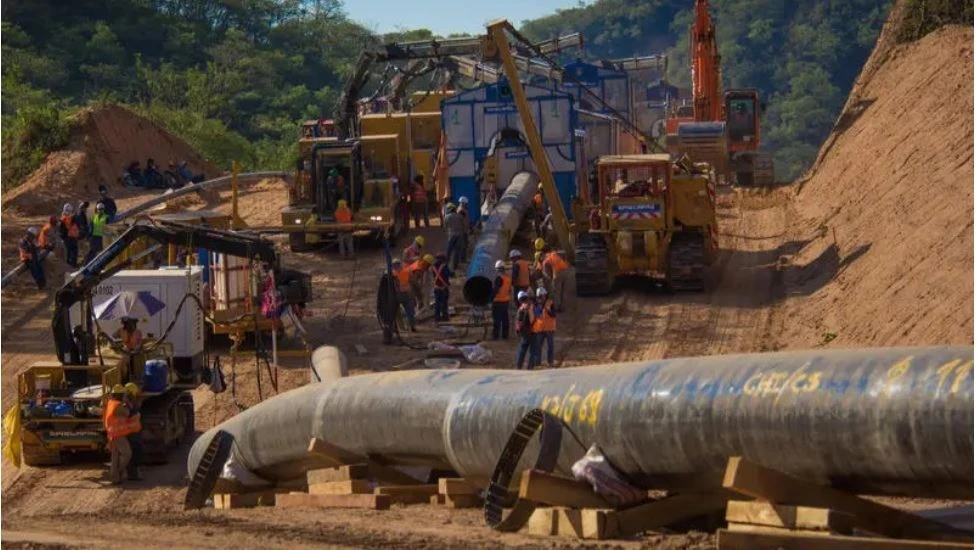
AN implementation level of nearly halfway has been reached at the East African Crude Oil Pipeline (EACOP) project, the Tanzania Petroleum Development Corporation (TPDC) has declared.
Asiadi Mrutu, Project Coordinator said at a training session for regional journalists on the project’s implementation that the government has collected 10.69bn/- in land rental fees for the project, with preparations being pursued for laying the pipeline underground.
The projected pipeline stretching from Hoima in northern Uganda to Chongoleani port facility in Tanga has reached 45.5percent of the works, with 7,584 individuals obtaining direct and part time jobs
"TPDC, in collaboration with EACOP, has been relocating graves in the project corridor,” he said, noting that so far 1,146 graves have relocated, tied with a 300,000/- to families of each relocation.
"The relocation process was conducted in close consultation with families and adhered to traditional practices. In Igunga, for instance, we were unable to relocate three graves due to their cultural significance, and we had to reroute the pipeline. In Hanang, we also left one grave due to cultural considerations," he specified.
Any newly identified graves within the project area will be relocated in accordance with legal requirements, he said, affirming that as of September 30, 2024, a total of 9,858 out of 9,927 affected residents had signed compensation agreements, with 35.1bn/- (99.3per cent of total) already disbursed.
"TPDC, in partnership with EACOP and local governments, is following up with the remaining 69 residents to finalize their compensation agreements and ensure they receive their entitlements," he said stated, with observers noticing that this group has remained on the margin of compensation for upwards of one year at the moment.
The government is expected to earn over 2trn/- from the project, with the pipeline traversing through eight regions, covering 225 villages, he said, recalling that the project has a length of 1,147 kilometers on the Tanzanian side and is expected to be completed by July 2026.
Marie Msellemu, the TPDC head of public relations, said that training journalists on the project’s implementation is essential to better inform the public about opportunities linked to the project.
“Local communities have actively engaged with the project, seizing economic opportunities associated with it, which helps boost the national economy. Many women, in particular, have shown great enthusiasm in taking advantage of these opportunities,” she added.
Top Headlines
© 2025 IPPMEDIA.COM. ALL RIGHTS RESERVED








